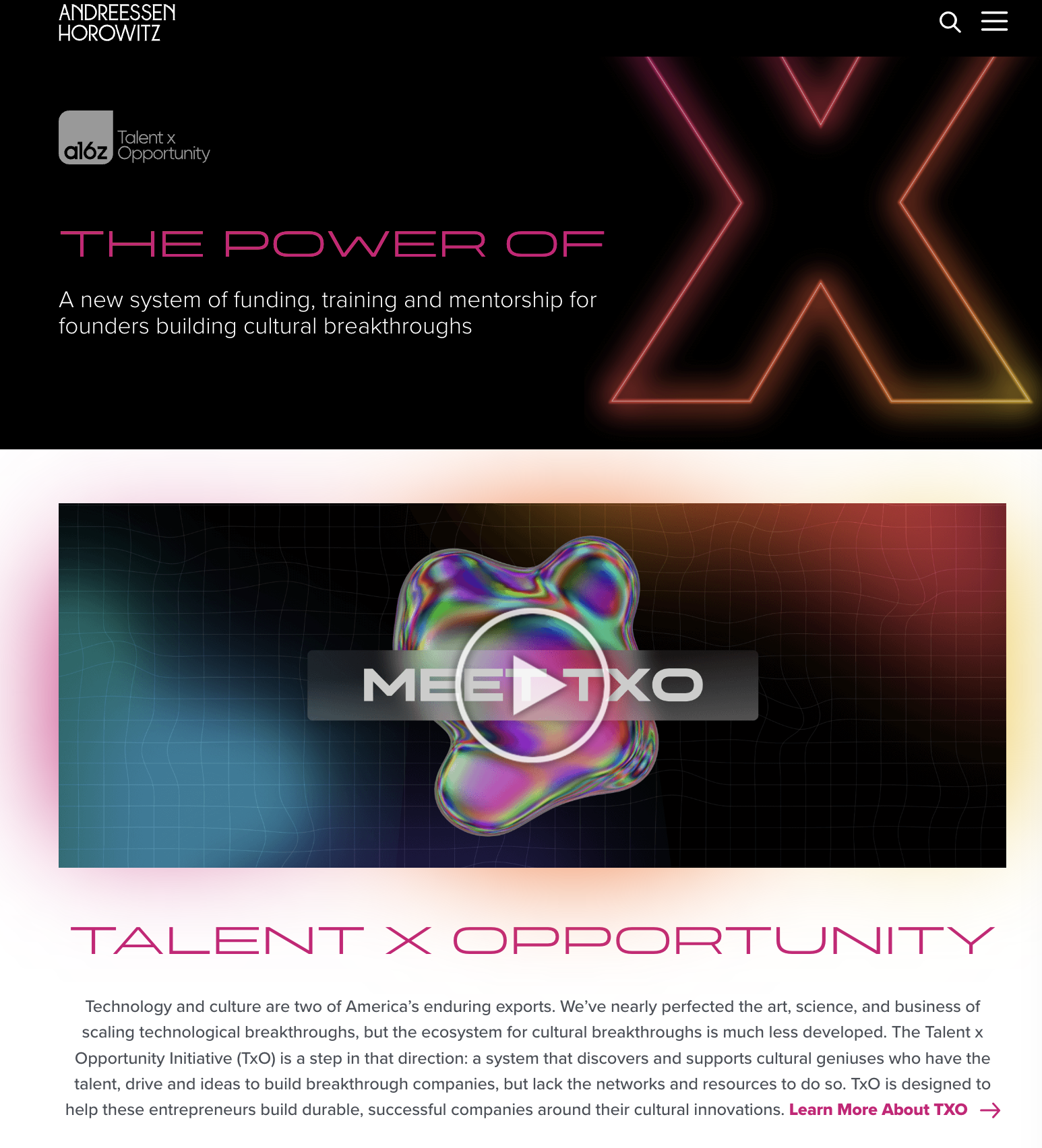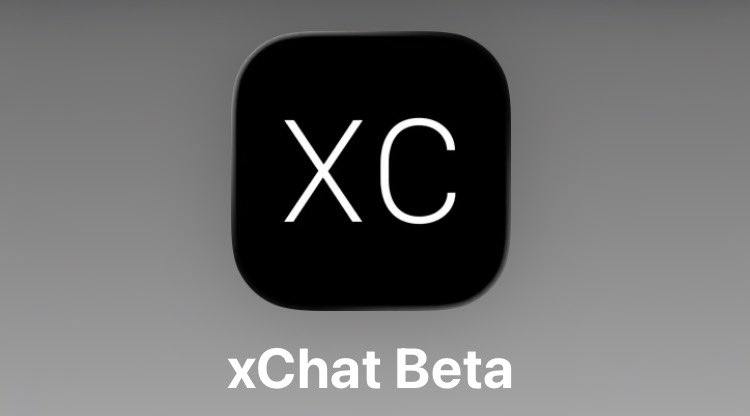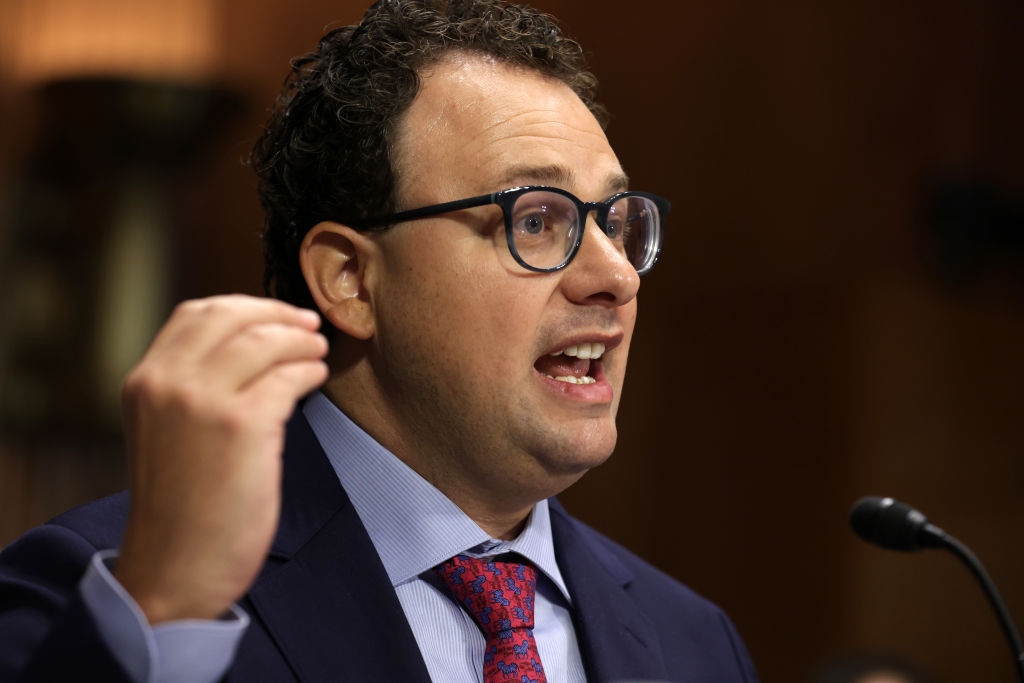
Andreessen Horowitz, a leading venture capital firm often referred to as a16z, has announced the suspension of its pioneering Talent x Opportunity (TxO) fund and associated program, a significant move impacting underserved founders within the tech ecosystem. This decision, confirmed by multiple sources close to the program and the firm itself, also includes layoffs for members of the TxO staff, marking a notable shift in a16z’s approach to diversity-focused initiatives. The pause comes at a time of evolving sentiment and scrutiny surrounding diversity, equity, and inclusion (DEI) efforts across the technology industry.
The Genesis and Vision of Talent x Opportunity
The TxO fund was initially unveiled in June 2020, amidst a global reckoning on racial injustice following the murder of George Floyd, which spurred a wave of corporate commitments to support underrepresented communities. Andreessen Horowitz positioned TxO as a critical response to the systemic barriers faced by entrepreneurs who traditionally lacked access to Silicon Valley’s established venture capital networks. Its stated mission was to champion "talented, determined builders who are creating culture-shaping companies but may not have access to typical Silicon Valley networks and resources." Many of its participants were women and founders from minority backgrounds, demographics historically receiving a disproportionately small share of venture capital funding.
At its inception, TxO launched with an initial commitment of $2.2 million. This was further bolstered by a generous pledge from a16z co-founder Ben Horowitz and his wife, Felicia, who committed to matching up to an additional $5 million. The program was designed to offer more than just capital; it aimed to provide a comprehensive support system. This included unparalleled access to a16z’s extensive tech networks, a rigorous 16-week-long training curriculum tailored to startup growth, and a substantial investment of $175,000 per participating company. Uniquely, this investment was structured through a donor-advised fund managed by the nonprofit Tides Foundation, distinguishing TxO from a conventional venture capital fund.
A Novel Structure and Early Scrutiny
The unconventional structuring of TxO as a donor-advised fund rather than a traditional limited partner investment vehicle drew considerable attention and some criticism upon its launch. In a standard VC fund, investors (Limited Partners) contribute capital with the expectation of financial returns from the fund’s successful investments. In contrast, TxO’s donors were essentially making charitable contributions, and the money distributed to founders was regarded as grants or donations. This model raised questions within the startup community about the true nature of the investment and its long-term implications for founders. Critics pondered whether the "charity" label might inadvertently diminish the perception of these ventures as high-growth, scalable businesses deserving of traditional equity investment. However, proponents argued that this structure allowed for greater flexibility and a mission-driven approach, circumventing some of the typical constraints of for-profit venture capital.
Despite these structural nuances and initial debates, founders who engaged with the TxO program consistently lauded its benefits. They frequently cited the invaluable support, mentorship, and opportunities for networking that the program unlocked, which they attested would have been otherwise unattainable. The program fostered a vibrant community, with alumni from earlier cohorts often stepping in to advise newer participants, strengthening a peer-to-peer support system. Over its operational span, TxO successfully backed more than 60 companies, supporting nearly 100 founders. These ventures, ranging from the media brand Brown Girl Magazine to the food tech innovator Myles Comfort Foods and the maternity tech company Villie, collectively secured tens of millions of dollars in follow-on capital, reaching customers across diverse cultural and lifestyle segments. In a testament to its evolving impact, TxO even expanded its reach last year by launching a grant program, distributing $50,000 to three tech nonprofits dedicated to supporting underserved founders.
The Announcement of a Pause and Staff Reductions
The decision to suspend the program was communicated to participants via an email on October 16 from Kofi Ampadu, the partner at a16z who had spearheaded the TxO initiative. The email outlined the firm’s intention to "refine how we deliver" on its core mission. While the firm had announced its last cohort, for Spring 2025, in early March, the October email confirmed the immediate pause of the existing program.
Ampadu’s message to the TxO community acknowledged the program’s foundational mission: "When we launched TxO, the mission was clear: support talented, determined builders who are creating culture-shaping companies but may not have access to typical Silicon Valley networks and resources." He further elaborated on the rationale behind the pause, stating, "While that purpose has not changed, we are pausing our existing program to refine how we deliver on it." The email detailed a strategic re-evaluation: "Over the past five years, we’ve experimented with different models for best serving founders — from virtual and in-person programming to curriculum design and funding structure. As we rethink what’s next, we’ll be applying everything we’ve learned and evolving how we support founders by integrating with a16z’s broader early-stage investing and company building strategy." The message closed with an optimistic note, urging the community to "Stay tuned for what comes next."
Andreessen Horowitz officially confirmed the program’s shutdown and the notification to participants. Compounding the impact of this decision, several members of the TxO staff team, reportedly at least three individuals in addition to Ampadu, were laid off, with the end of October marking their final week with the firm. This staff reduction underscores the comprehensive nature of the program’s suspension, extending beyond a mere funding freeze to a structural dismantling of the team dedicated to its operation.
Broader Industry Context and the DEI Landscape
The suspension of TxO does not occur in a vacuum. It coincides with a discernible shift in the broader tech industry’s engagement with diversity, equity, and inclusion initiatives. The fervor and financial commitments that characterized the 2020 era, often linked to the Black Lives Matter movement and a widespread call for corporate accountability, appear to be waning. Many prominent tech companies have recently been observed to eliminate, scale back, reframe, or even completely retract their prior public commitments related to DEI. This retrenchment is partly influenced by a changing economic climate, with venture capital funding becoming tighter, and partly by an increasingly politicized environment.
The backdrop includes growing political pressure, particularly from conservative factions and figures like the Trump administration, who have threatened legal and political repercussions for businesses perceived as engaging in "discriminatory" DEI practices. This creates a challenging environment for companies attempting to balance social responsibility with potential political and economic blowback. For many in the startup world, TxO was explicitly perceived as an accelerator dedicated to diverse talent, even though its application documents broadened the criteria beyond strict demographic definitions to include "cultural authenticity" and classic startup investment metrics like market size and execution ability. The explicit announcement in 2020 clarified its target: "for entrepreneurs who did not have access to the fast track in life but who have great potential…from underserved communities (all backgrounds welcome)."
A16z’s Evolving Investment Strategy
While the pause of TxO signals a re-evaluation of its direct diversity-focused programs, a16z’s overall interest in accelerator-type startup initiatives appears to remain robust. Earlier this year, the firm launched "Speedrun," a program focused on gaming startups that promises cohort graduates up to $1 million in investment. The contrast between TxO’s "nonprofit" donor-advised fund structure and Speedrun’s traditional, equity-based investment model is stark. This difference suggests that Andreessen Horowitz might be moving towards integrating its support for early-stage companies more fully within its established venture capital framework, prioritizing programs that align more directly with its core for-profit investment thesis.
The stated reason for TxO’s pause—to "refine how we deliver" and "integrat[e] with a16z’s broader early-stage investing and company building strategy"—could be interpreted in several ways. It might indicate a genuine effort to make diversity initiatives more sustainable and impactful by embedding them within the firm’s main investment operations, rather than operating them as a separate, quasi-philanthropic entity. Alternatively, it could signal a strategic pivot away from programs that carry the explicit label of "diversity" in favor of broader, more technologically focused accelerators that might implicitly include diverse founders but without the same overt focus or structural differentiation.
The Future for Underrepresented Founders
The suspension of TxO leaves a void for the community of underrepresented founders who benefited from its unique blend of capital, training, and network access. Securing venture capital has historically been a formidable challenge for women and minority entrepreneurs. Data consistently shows that these groups receive only a fraction of overall VC funding, often facing implicit biases and a lack of access to the informal networks that are crucial in the venture capital world. Initiatives like TxO, despite their structural complexities, provided a vital alternative pathway for many.
The "tens of millions in follow-on capital" raised by TxO-backed companies stands as a testament to the potential and viability of these ventures, underscoring the critical role such programs play in unlocking economic opportunity and fostering innovation. While Kofi Ampadu’s closing message of "Stay tuned for what comes next" offers a glimmer of hope for future iterations of support, the immediate impact is undoubtedly a loss for the founders who relied on TxO. The broader implications for the startup ecosystem include a potential contraction of dedicated resources for diverse founders, placing greater pressure on other accelerators, incubators, and individual investors to step up and fill the gap left by a major player like Andreessen Horowitz. The tech industry now watches to see how a16z’s refined strategy will manifest and what new models might emerge to continue championing the entrepreneurial spirit across all communities.







